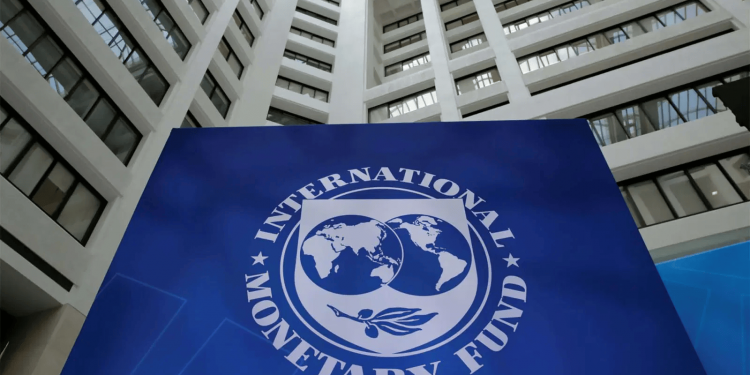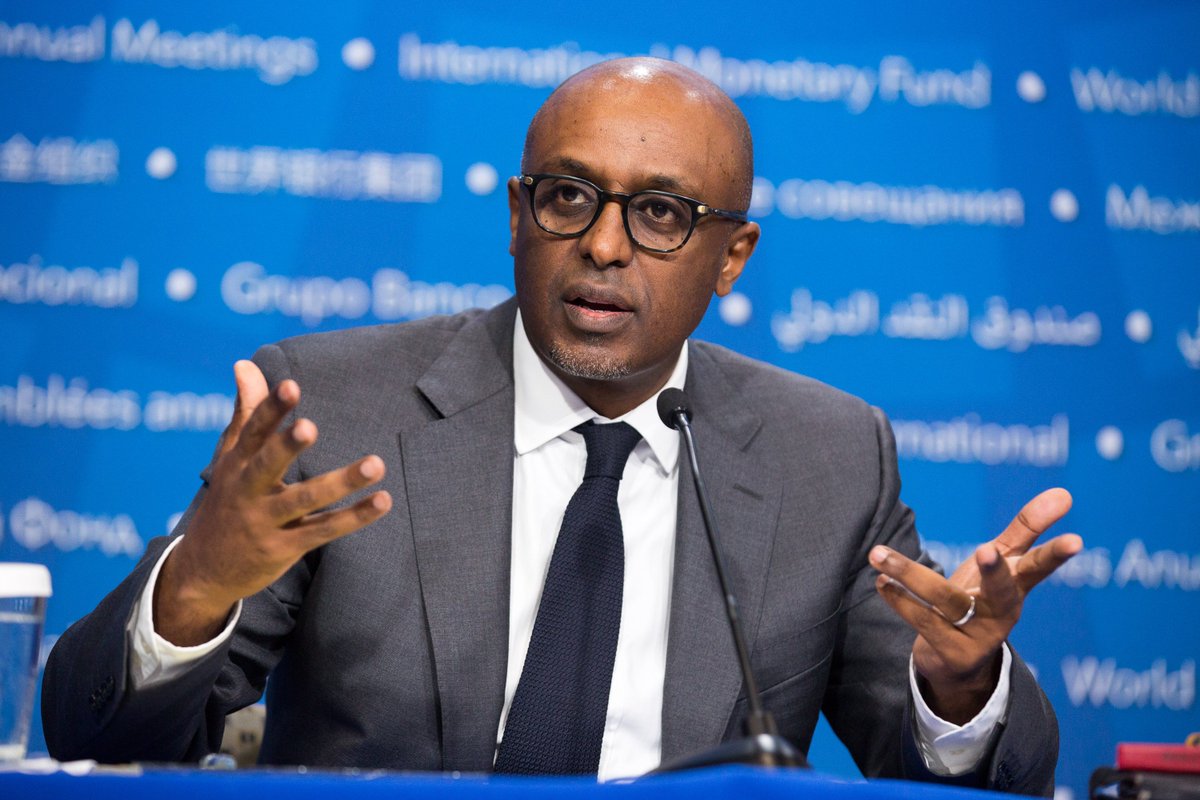The International Monetary Fund (IMF) has raised alarms about Nigeria’s slow implementation of social measures designed to alleviate the hardships caused by the removal of fuel subsidies and the unification of the foreign exchange rate. The IMF’s concerns come as Nigerian citizens face rising living costs, inflation, and other challenges stemming from these economic reforms.
While the IMF has long advocated for the removal of what it deems “costly fuel subsidies” and the unification of the naira’s exchange rate, it now recognizes the burden these changes place on the nation’s most vulnerable populations. Abebe Aemro Selassie, director of the IMF’s African Department, emphasized the need for a more robust approach to protect those most affected during a press conference at the IMF/World Bank annual meetings in Washington, D.C.
“We welcome those reforms, while also recognizing that they have entailed quite a lot of internal adjustment costs,” Selassie stated, highlighting the significant impact on everyday Nigerians. He added, “The immediate effect of reforms always causes dislocation. Conditions at the moment are extremely difficult. Food price shocks in recent years have been quite acute, and now rising fuel prices are adding pressure on other essential goods.”
Selassie urged that the savings generated from the removal of fuel subsidies and the exchange rate adjustments should be directed toward aiding lower-income households. “Some of the savings from the fuel subsidy reforms should, in our view, be directed to helping cushion the effect on the most low-level households,” he stressed, calling for targeted social assistance to support Nigerians as they adapt to economic changes.
Addressing the notion that the current hardships are a direct result of IMF-recommended reforms, Selassie clarified that Nigeria’s economic issues are deeply rooted and not solely due to recent policy changes. He noted, “When subsidies were significant and the exchange rate was being kept artificially low, other imbalances were present in the economy, including high inflation and dwindling reserves.” This mismanagement, he argued, compromised the government’s capacity to invest in vital sectors such as health and education, which suffered from a lack of funding as subsidies drained public resources.
Despite the difficult decisions facing Nigerian policymakers, Selassie reiterated that the IMF’s recommendations aim to cultivate long-term stability. “The goal is to achieve a healthy macroeconomic situation that supports growth, resource diversification, and essential social investments,” he concluded.
This situation highlights the urgent need for effective social measures as Nigeria navigates its complex economic landscape, emphasizing the critical role of support systems for its most vulnerable citizens.










